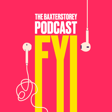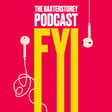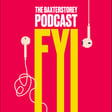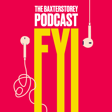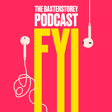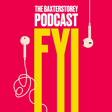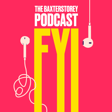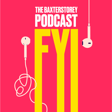
EP:10 Eating Well for Menopause with Dr Laura Wyness
To mark Menopause Awareness Month, we're delighted to have Laura Wyness join our podcast. Laura is a Registered Nutritionist known for her expertise in evidence-based nutrition writing, workplace wellness, and effective nutrition communication. Autor of ‘'Eating Well for Menopause: Advice and recipes to improve your health and well-being', Laura shines a light on her insights and practical advice on navigating the challenges of menopause. Laura explains the pivotal role that diet plays in managing various menopausal symptoms, such as hot flashes, mood swings, and the health concerns associated with this life stage.
During this podcast we use the term ‘women’ throughout this talk with no intention of exclusion. It is important to highlight that it is not only those who identify as women who may experience menopausal symptoms.
For example, some transgender men, non-binary people, and intersex people or people with variations in sex characteristics may experience menopause.
Make sure to subscribe to our channel to receive new episode alerts.
